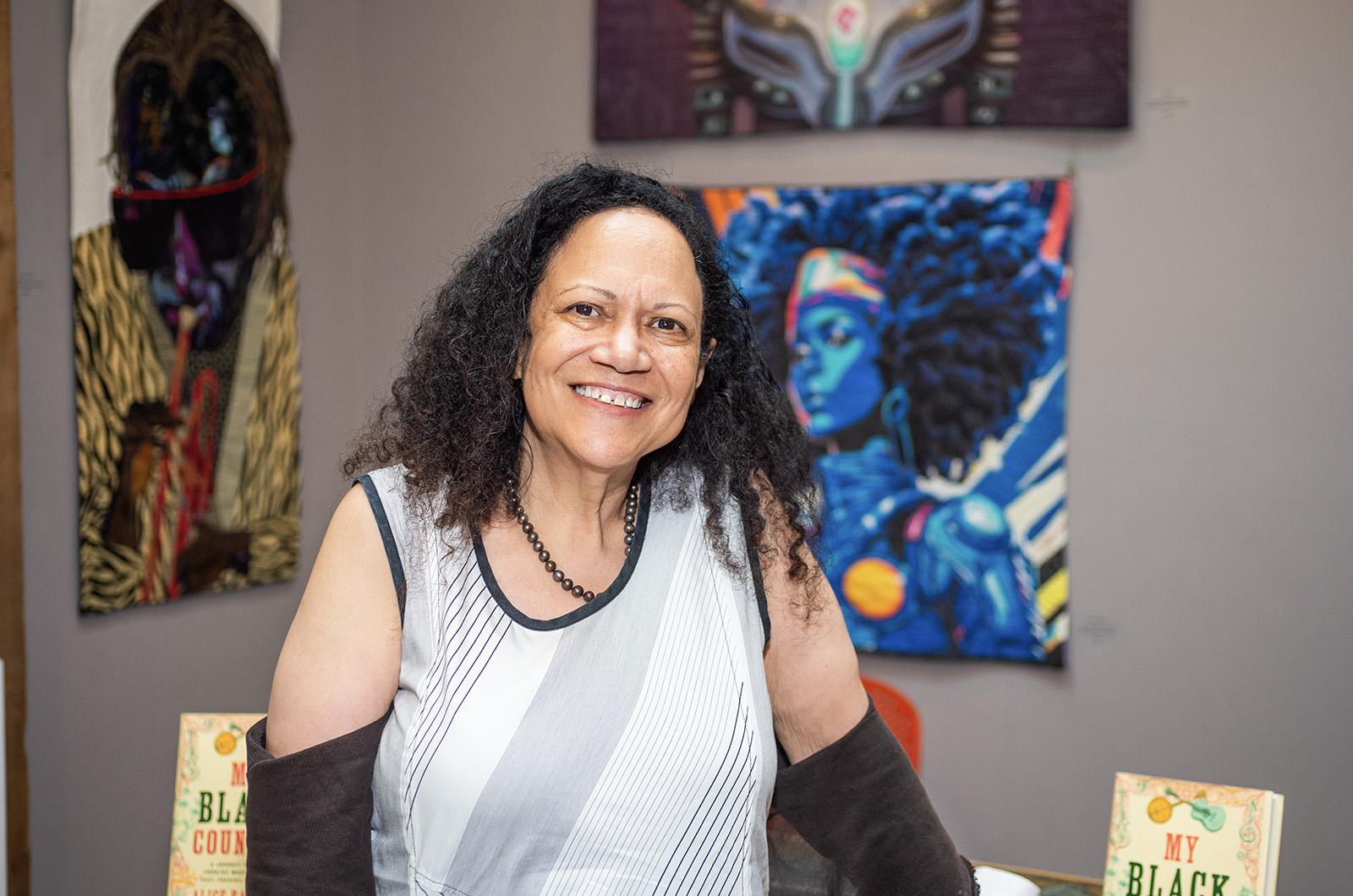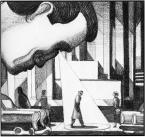Alice Randall wants people to know they have the history of country music all wrong.
From the origins of the banjo as an African instrument to the first country radio hits being sung by Black men, Ms. Randall wants readers to know that country music would not exist without the Black people who shaped it.
The award-winning songwriter, author and Vanderbilt professor visited Featherstone Center for the Arts in Oak Bluffs last week to discuss her latest book, My Black Country: A Journey Through Country Music’s Black Past, Present, and Future.
Ms. Randall, who has worked in the music industry for more than 40 years and in higher education for more than 20 years, is the only Black woman in history to write both a number one country song and an Academy of Country Music video of the year.
As a Black woman in a predominantly white male music industry, Ms. Randall said she spent her early career helping people who did not look like her. And as she learned more about the history of country music in general, she realized that Black contributions to the genre had been “hidden, erased and muted.”
“Country music has never been as white as it says it was,” she told the crowd during her book reading, which took on more of a lecture form as the professor settled into her usual style of teaching.
Ms. Randall’s presentation included the history of country music’s Black roots and the “first family of country music,” which includes DeFord Bailey, Lil Hardin, Ray Charles, Charley Pride,and Herb Jeffries – all responsible for core components of country music.
The earliest writings about what would become known as country music go back even further than this “first family,” though. Ms. Randall noted that Frederick Douglass references the song We Raise De Wheat in his memoir My Bondage and My Freedom, first published in 1855.
Ms. Randall defines country music as containing three key elements: Celtic ballads, African musical influences and evangelical Christianity.
“Country music requires Black influences to be country music. Without them, it becomes something else entirely,” she said.
Harlan Howard famously said that country music was “three chords and the truth.” Ms. Randall builds upon this saying, claiming instead that country music is “three chords and four very particular truths: life is hard, God is real, whiskey and roads and family provide worthy compensations, and the past is better than the present.”
“This last truth is a racial fault line,” Ms. Randall said about the romanticization of the past. For Black country artists, it’s a longing for lost Africa. For white country artists, it’s a longing for the mythical glory of “Dixie.”
This fault line has kept Black country artists from credit, nearly two centuries overdue, she said.
My Black Country does more than provide a comprehensive history of Black country music. It also serves as a memoir of Ms. Randall’s experiences in the country music space and how such a diverse genre can hold such central truths. Her book uses the unwritten and underwritten past of Black artists as a guiding light for future generations of musicians. A companion album of the same name features songs written by Ms. Randall re-recorded by Black female artists, including Rhiannon Giddens and Allison Russell.
Ms. Randall hopes her book will help readers reconsider the histories they have heard all their lives. She feels music is the perfect vehicle through which to reach people.
“Art eclipses pain,” she said. “Art shines a light on the political future… I think art may have a very large role to play in this political moment.”






Comments (4)
Comments
Comment policy »